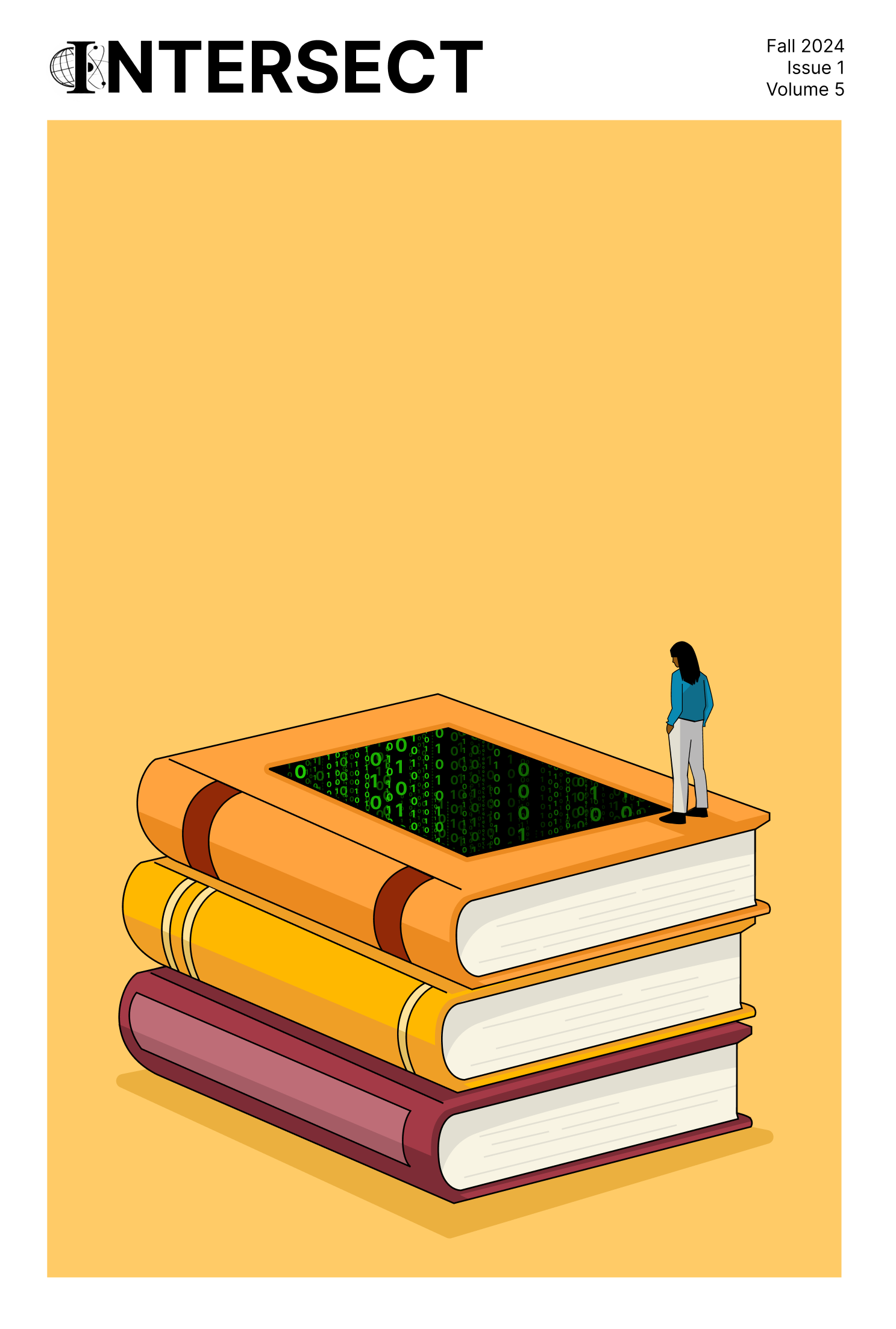The Use of Artificial Intelligence in Healthcare Management
Abstract
This paper talks about the transformation of health management by AI, applications, benefits, challenges, and future prospects. This will enhance the clinical decision-making process, predictive analytics, and administrative automations, thus leading to better diagnosis, outcomes of patients, and operational efficiency. Applications range from AI-powered Clinical Decision Support System, which helps the doctors in diagnosing any particular disease, and predictive models forecast future health events. AI also helps in resource optimization and providing personalized treatment plans. Of course, all this promise is offset by the continuing issues of privacy, security, and algorithmic bias. Most exciting, though, are the developments that lie ahead, as generative AI and advanced genomic analysis hold enormous promise for great leaps forward. The study drew on AI for likely game-changing changes in healthcare but considered ethical concerns to make sure the use of this technology is responsible.
Downloads
Published
Data Availability Statement
The data is compiled from existing public access articles.
Issue
Section
License
Copyright (c) 2025 Intersect: The Stanford Journal of Science, Technology, and Society

This work is licensed under a Creative Commons Attribution-NonCommercial-NoDerivatives 4.0 International License.
Authors who publish with this journal agree to the following terms:- Authors retain copyright and grant the journal right of first publication with the work simultaneously licensed under a Creative Commons Attribution License that allows others to share the work with an acknowledgement of the work's authorship and initial publication in this journal.
- Authors are able to enter into separate, additional contractual arrangements for the non-exclusive distribution of the journal's published version of the work (e.g., post it to an institutional repository or publish it in a book), with an acknowledgement of its initial publication in this journal.
- Authors are permitted and encouraged to post their work online (e.g., in institutional repositories or on their website) prior to and during the submission process, as it can lead to productive exchanges, as well as earlier and greater citation of published work (See The Effect of Open Access).

